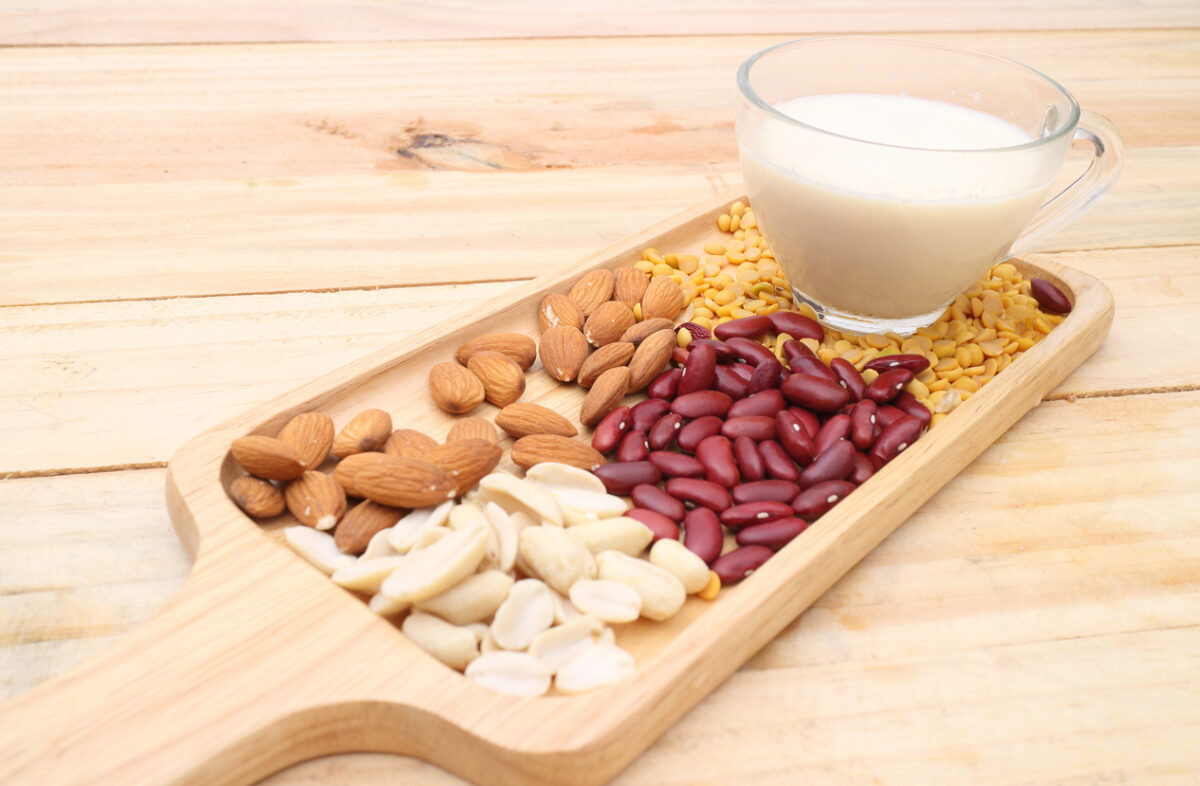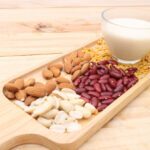Which foods promote bone consolidation?

After a fracture, bone healing is the process of rebuilding damaged bone. This process can be accelerated by adopting a diet rich in certain nutrients.
Calcium: an indispensable mineral
Calcium is one of the most important minerals for bone consolidation. It plays an active role in bone formation and maintenance. Adequate calcium intake is therefore essential for rapidly rebuilding a fractured bone or preventing certain diseases such as osteoporosis.
Calcium-rich foods include :
- Dairy products such as milk, cheese and yoghurt.
- Green leafy vegetables such as kale and broccoli.
- Fish with soft bones, such as sardines and salmon.
- Fortified foods, such as certain orange juices and cereals.
Regular consumption of these foods can help maintain strong, healthy bones.
Vitamin D: calcium's ally
Vitamin D is important for the body's absorption of calcium. Without an adequate supply of vitamin D, the effectiveness of a calcium-rich diet in bone consolidation can be relatively limited.
This vitamin can be obtained from exposure to the sun, but also from certain foods:
- Oily fish such as salmon, mackerel and sardines.
- Vitamin D-enriched dairy products and fruit juices.
- Egg yolks.
- Mushrooms exposed to ultraviolet light.
We recommend combining these foods with moderate exposure to the sun to maximize the absorption of vitamin D and, consequently, calcium.
Vitamin K: essential support for bones
Vitamin K helps regulate calcium in bones and blood. It improves bone density, accelerates the consolidation of damaged bones and reduces the risk of fractures.
The best sources of vitamin K are :
- Green leafy vegetables such as kale, spinach and lettuce.
- Broccoli and Brussels sprouts.
- Fermented dairy products, such as cheese and kefir.
By consuming these foods in sufficient quantities, it is possible to promote bone consolidation and improve general well-being.
Magnesium: a complementary mineral
Magnesium is another mineral that contributes to bone health. It helps convert vitamin D into its active form, thus contributing to the body's absorption of calcium.
Many foods are rich in magnesium:
- Nuts and seeds, such as almonds and chia seeds.
- Green leafy vegetables.
- Legumes, such as black beans and lentils.
- Whole grains, especially brown rice and oats.
To ensure adequate magnesium intake and promote bone consolidation following a fracture, we recommend regular consumption of these foods.
Proteins: good for your bones
Proteins are biological macromolecules essential to bone health, as they provide the amino acids needed to form the bone matrix. A balanced protein diet can strengthen and regenerate bones in the event of fracture.
Protein sources include :
- Lean meats such as chicken and turkey.
- Fish and seafood.
- Eggs.
- Dairy products such as milk and cheese.
- Legumes and nuts.
Potassium: a regulator of acid-base balance
Potassium plays a role in neutralizing acids in the body, which can reduce calcium loss from bones. A diet rich in potassium is therefore beneficial following a fracture.
Among the many foods rich in potassium, we can mention :
- Bananas.
- Potatoes and sweet potatoes.
- Spinach and other leafy vegetables.
- Lawyers.
- Beans and lentils.
Adequate potassium intake can help maintain optimal acid-base balance and improve bone density.
Photobiomodulation to accelerate bone consolidation
Photobiomodulation is a technique that uses specific wavelengths of light to stimulate biological processes in the body. Combined with a healthy diet, it can accelerate bone consolidation following a fracture, by stimulating collagen production and improving blood circulation in the affected area.
Photobiomodulation also reduces inflammation by modulating cellular responses, enabling better symptom management and faster recovery.




